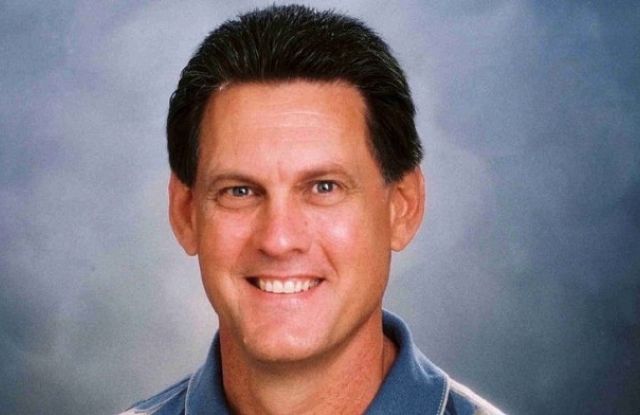Working hard for identity
 A little self-disclosure: If you were turn the clock back 35 years, you’d see me as a young man trying to figure myself out. College was a time for discovery and fun for me.
A little self-disclosure: If you were turn the clock back 35 years, you’d see me as a young man trying to figure myself out. College was a time for discovery and fun for me.
But somewhere along the way, I lost the plot – the high jinx got out of control and my buddies and I came close to getting kicked out of school.
As one of the ring leaders, I was perpetually testing the boundaries. But underneath the fun and games was an insecure kid looking for the approval of his peers. I’d become what Brennan Manning refers to as “the impostor,” chumming the waters for laughs.
If you look at my act, I was defining myself according to the view of others, creating what some have termed, the false self.
In a way I was searching for myself and in a way I was hiding. And now as I help young people find themselves, it helps to reflect on how hard it was for me. What I learned is that when we don’t have a safe place – that feeling of being comfortable in our own skin – we create the false self.
The false self is a mask we put forward in our interactions with others to get the attention we crave. Our false self may be more funny, more interested in others, more interesting, more socially capable, more bold, more normal (or sometimes more abnormal).
Sometimes people are so starved for attention that they’ll settle for attention of any kind. And their false self becomes a caricature – an exaggeration – not reality. It isn’t real in the sense it’s not who God created them to be.
Thomas Merton put it this way: “The false self cannot exist, because God does not know anything about him.” By definition it is false – a plastic replica of the real thing.
Only later in life did I see where my false self came from, constructed out of a composite of my accomplishments, what others said about me, my inner self-talk, and the experiences I internalized. The attention I got from others colored my identity; what they said impacted what I felt about myself far too much.
It wasn’t an easy journey. Like many who go on the World Race, I had to go through a time of brokenness to discover who God made me to be.
As you reflect on your life, my prayer is that you don’t settle for anything less than your true self. The question we all need to ask and answer is, “Who am I, really?” When you strip away your roles, achievements and performance, do your friends know the real you?



Funny thing is our true selves can (and probably are) often more interesting than our false selves, as you call them. At least our true selves have the capability to be.
As I’ve pursued some passions (that have developed in recent years) of wanting to invest more deeply in people, in ways that are different than “American normal,” I’ve been amazed at the ammount of interest people seem to have in observing my life. In some ways, I’m becoming famous (at least to dozen or so people!). I wasn’t trying to garner attention (I don’t think), just wanted to step outside the status quo and live a ‘lil more boldly.
Now I’m in danger of getting a big head. Probably already happened.
perhaps an appropriate comment and insight is…
“all of Life is a stage, and we are but Actors, thereon”…
Seth,
Thanks again for cutting right to the heart of it all. Since returning to the US I’ve tried my best to present a false self and I’ve failed miserably. I just keep coming back to being a goofy bald guy whose jokes are only funny in Mexico. And a guy who loves young people and more specifically Mexican youth.
I appreciate your blog hermano. Every time I read it God uses your scribblings to make me think and help me remember important truths in life.
Today your blog reminds me of a college professor’s words to our class back in the 80’s. Long time ago. He said that as Christians we live in a counter culture, completely the opposite of the real culture of our day no matter what time period we live in. Then, he stopped and had this look on his face, like he had a revelation and said, “Maybe we Christians live in the real culture and everything else is counter culture, opposite.”
Keep writing hermano! We all need to hear what you have rolling around in your heart and soul. peace and grace tc